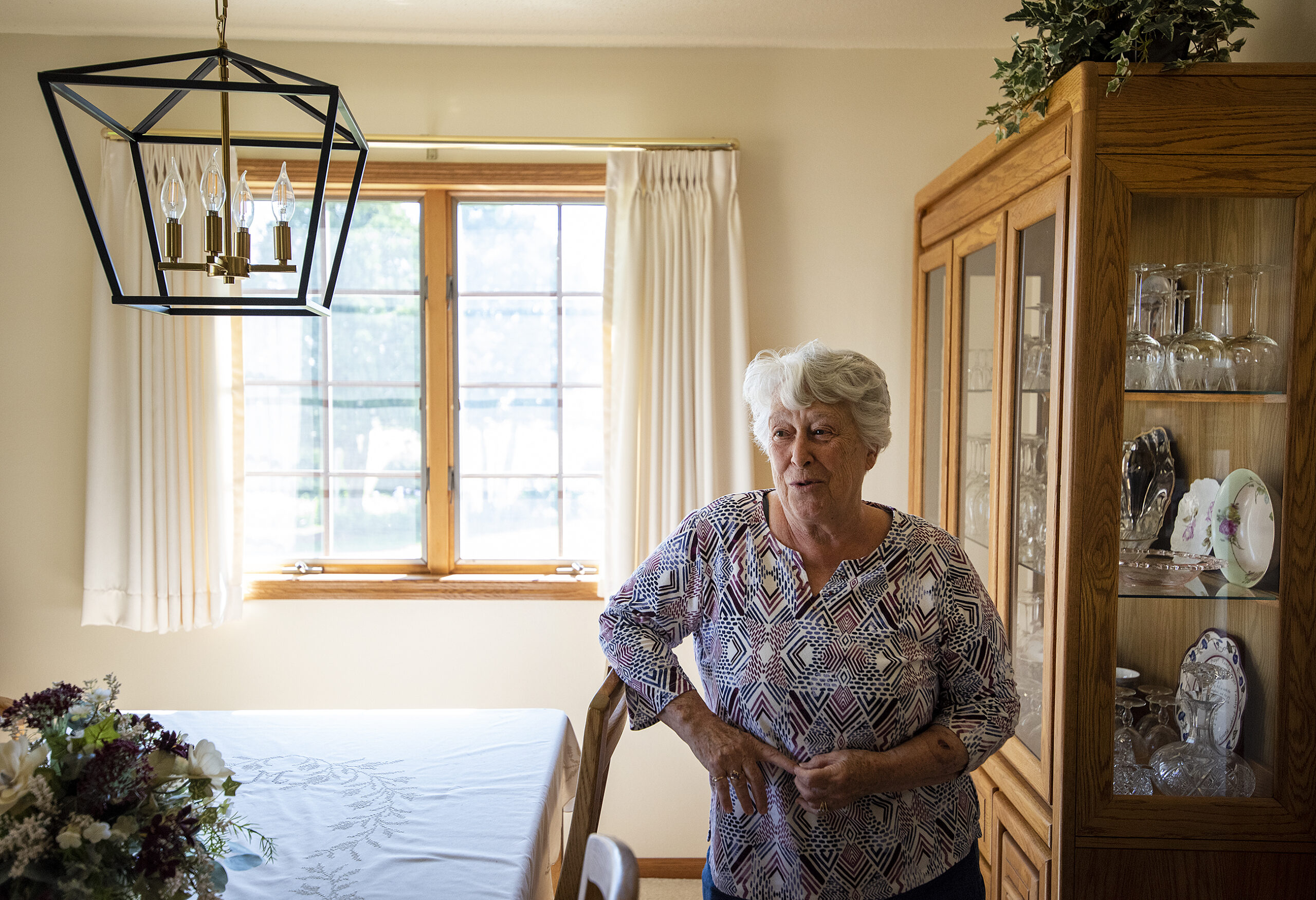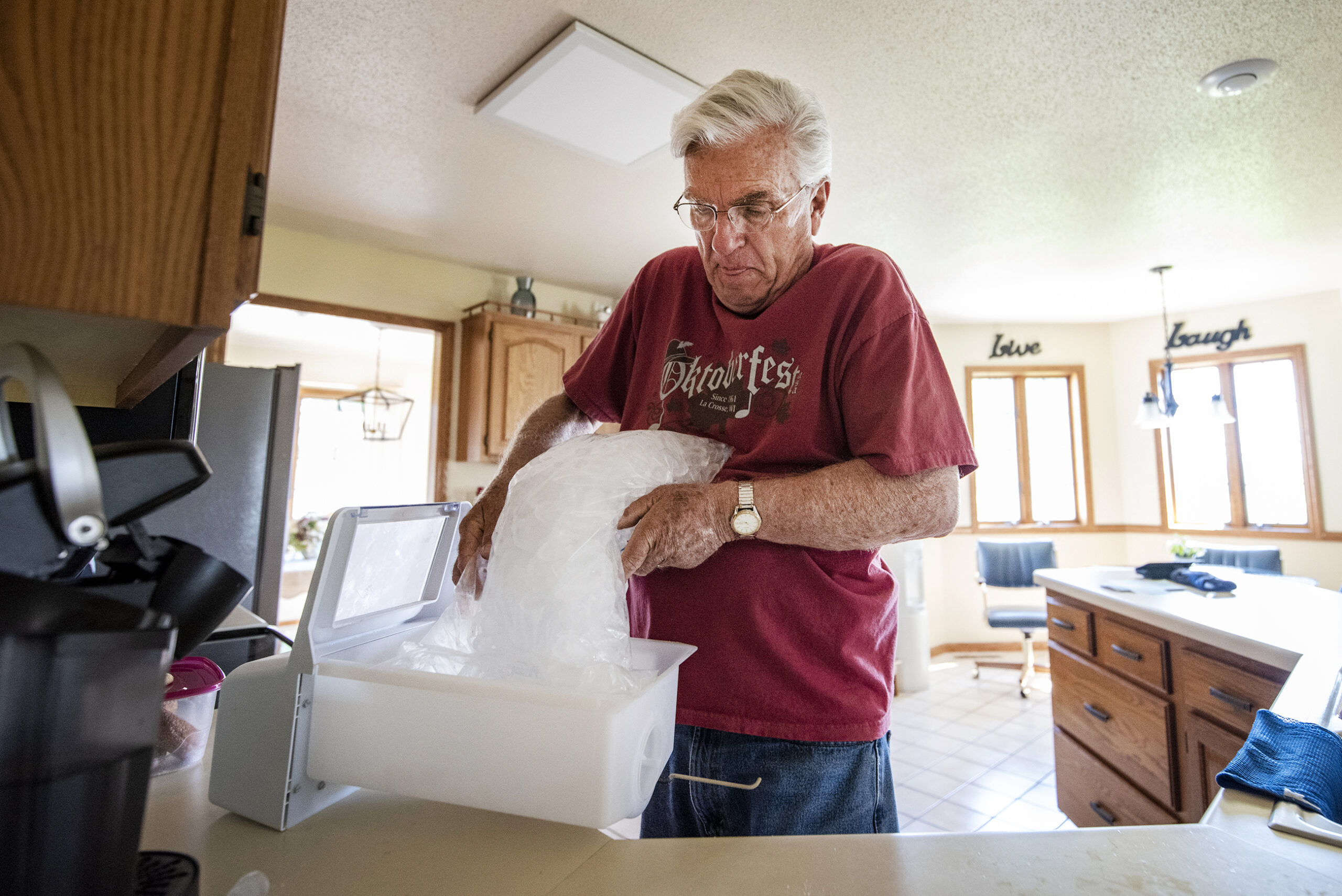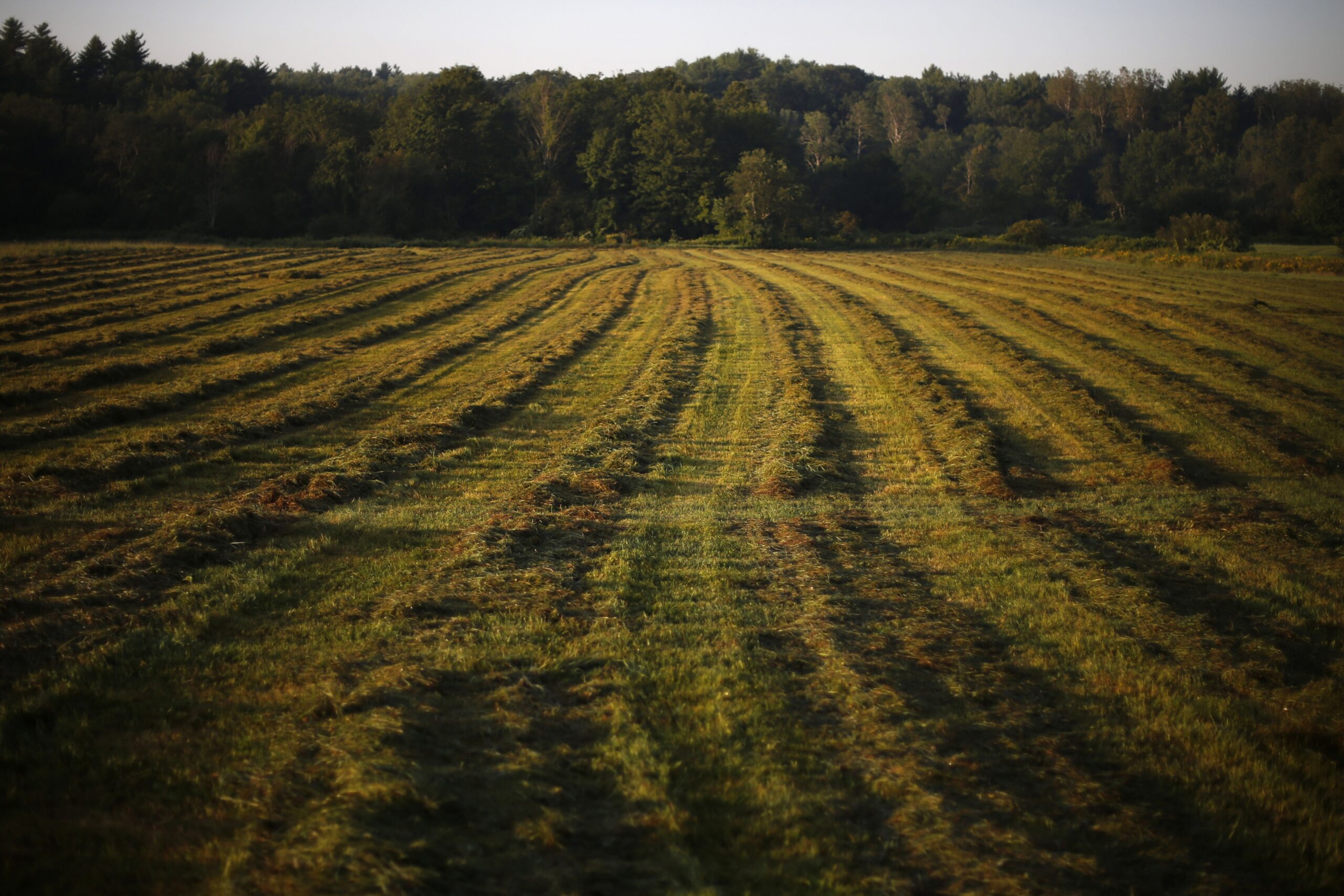Town of Campbell residents have filed class action lawsuits against the city of La Crosse and chemical companies for PFAS contamination of private wells.
Residents filed four lawsuits in state and federal court in October. In two federal lawsuits, Stuart and Tamara Hyttinen and Richard and Joye Luick sued around two dozen chemical companies, including Minnesota-based 3M and Wisconsin manufacturer Tyco Fire Products. They allege the companies knowingly manufactured, sold or distributed toxic firefighting foam that contaminated more than 500 private wells in the town with the chemicals.
At the same time, Dale and Mary Wetterling and Ronald and Joy Martens have filed two lawsuits against the city of La Crosse and its insurers in La Crosse County Circuit Court. They allege the city used aqueous film forming foam, or AFFF, that contains PFAS at the La Crosse Regional Airport. Over the span of five decades, they say the firefighting foam seeped into groundwater and contaminated wells, exposing them to the toxic chemicals. The town is located on French Island just across the Black River from La Crosse.
News with a little more humanity
WPR’s “Wisconsin Today” newsletter keeps you connected to the state you love without feeling overwhelmed. No paywall. No agenda. No corporate filter.

Residents are seeking compensation for property damages and the costs of a medical monitoring program to detect health problems stemming from PFAS contamination. Attorneys with law firms Singleton Schreiber and Fitzpatrick, Skemp & Butler are representing residents.
“These events, spanning several decades, harmed many innocent residents of the Town of Campbell, who never expected their drinking water to be a source of toxic chemicals,” Kevin Hannon, an attorney at Singleton Schreiber, said in a release. “They had no idea that their household water had been contaminated by toxic PFAS chemicals and were given no warning by the corporations supplying and creating the hazardous chemicals and substances.”
PFAS are a class of thousands of synthetic chemicals widely used by industry since the 1940s. They’ve been used in everyday products like nonstick cookware, food wrappers and firefighting foam. The chemicals don’t break down easily in the environment. Research shows high exposure to PFAS has been linked to kidney and testicular cancers, fertility issues, thyroid disease and reduced response to vaccines over time.
Lawsuits say La Crosse airport used PFAS foam for decades
The complaints state the La Crosse Regional Airport on French Island used AFFF foam provided by chemical companies for training, fire suppression and other exercises from the 1970s through 2020. Since then, toxic chemicals within the foam have entered residents’ water supplies, wells, soil and other property. Residents state testing in 2021 detected PFAS in 538 private wells with levels of some chemicals as high as 3,200 parts per trillion, forcing them to rely on an alternative water supply.
The state’s drinking water standard is 70 parts per trillion, but Wisconsin is currently lacking a groundwater standard for the chemicals. However, the Wisconsin Department of Health Services has recommended a standard of 20 parts per trillion for two of the most common PFAS: PFOA and PFOS.
The DNR has found 166 of 553 public and private wells in the town have PFAS levels concerning state health officials. The state is currently paying about $550,000 to companies providing bottled water to PFAS-affected communities, and the vast majority of that money is going to about 1,500 residents in the town of Campbell.
Reached by phone Thursday, Dale Wetterling said he and his wife Mary declined to comment on the legal action. In 2021, Mary told WPR her husband Dale is a two-time cancer survivor, and she said she couldn’t help but wonder if that’s due to PFAS contamination. At the time, Dale also noted they spent around $3,000 to have a water filtration system put into their home, saying they knew a class action lawsuit could take a long time to resolve.
“We had to do something because we don’t know how long we’re going to be here,” Dale told WPR in 2021. “We’re going to move out of here before that’s resolved, and it’s going to affect our property value, which is a big item.”

In the lawsuits, residents say compensation will be necessary for lost marketability and property value. They also say funds are needed to address cleanup costs, the cost of securing alternative water, and discomfort or inconvenience caused by PFAS contamination of their properties. Residents also argue medical monitoring is necessary because they’re at increased risk of disease or illness linked to PFAS as a result of contamination of their wells.
“The purpose of medical monitoring in the form of diagnostic testing is the benefit of early identification of latent or unrecognized illness, disease, or disease process,” the medical monitoring complaints state. “Early detection is beneficial because treatment can then be given to reduce the impacts of the toxic exposure.”
Town residents filed a notice of its intent to sue the city this past summer for $42.4 million in diminished property value and other harms. The city denied that claim in September, according to WKBT.
La Crosse Mayor Mitch Reynolds and the city’s attorney Stephen Matty did not immediately return a request for comment on the lawsuits. A spokesperson for 3M has previously said the company is changing the way it manages PFAS, and the company plans to clean up PFAS, invest in water treatment and work with communities.
In July, Gov. Tony Evers and Wisconsin Attorney General Josh Kaul joined a coalition that opposed 3M’s proposed $10.3 billion settlement over pollution of public water supplies. In August, Kaul was among five attorneys general in that coalition that asked companies to pay out even more money and faster to help communities address the chemicals.
Last summer, Kaul filed a lawsuit against 18 companies, including 3M, to recover costs of investigating and cleaning up PFAS contamination. Kaul said that’s a separate case from the class action suit that remains ongoing.
Around 300 communities have sued 3M and other chemical companies for pollution of their water supplies, according to the Associated Press.
Editor’s note: Hope Kirwan contributed reporting for this story.
Wisconsin Public Radio, © Copyright 2025, Board of Regents of the University of Wisconsin System and Wisconsin Educational Communications Board.







